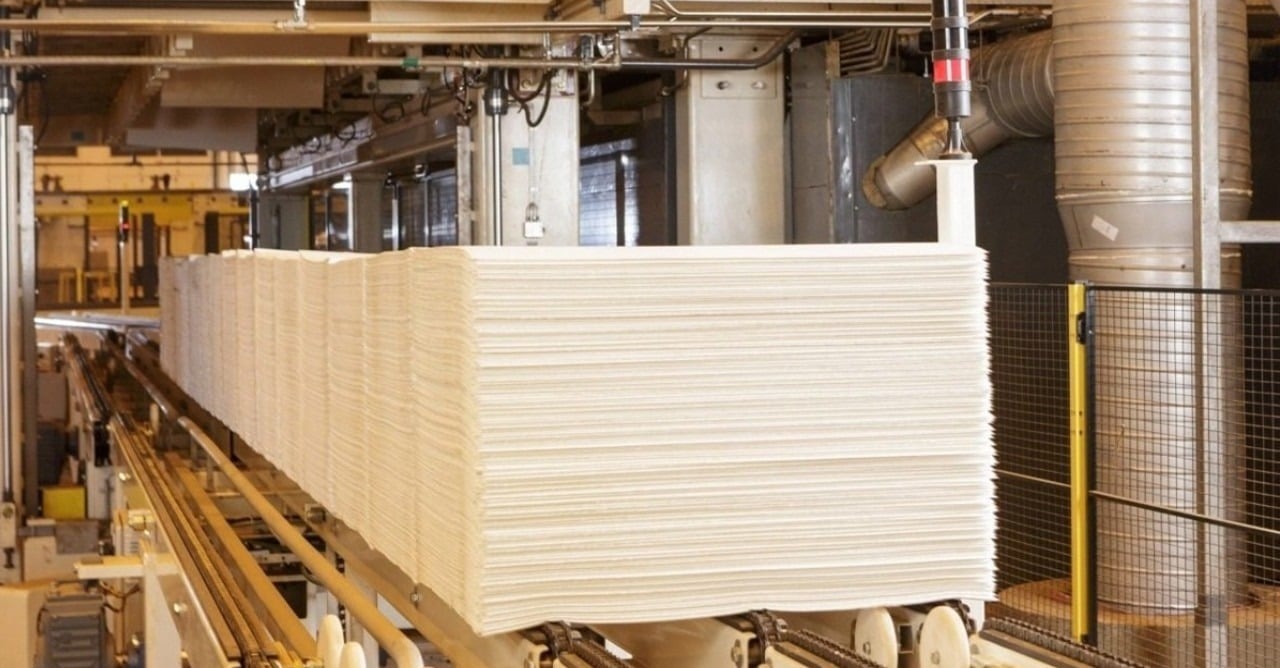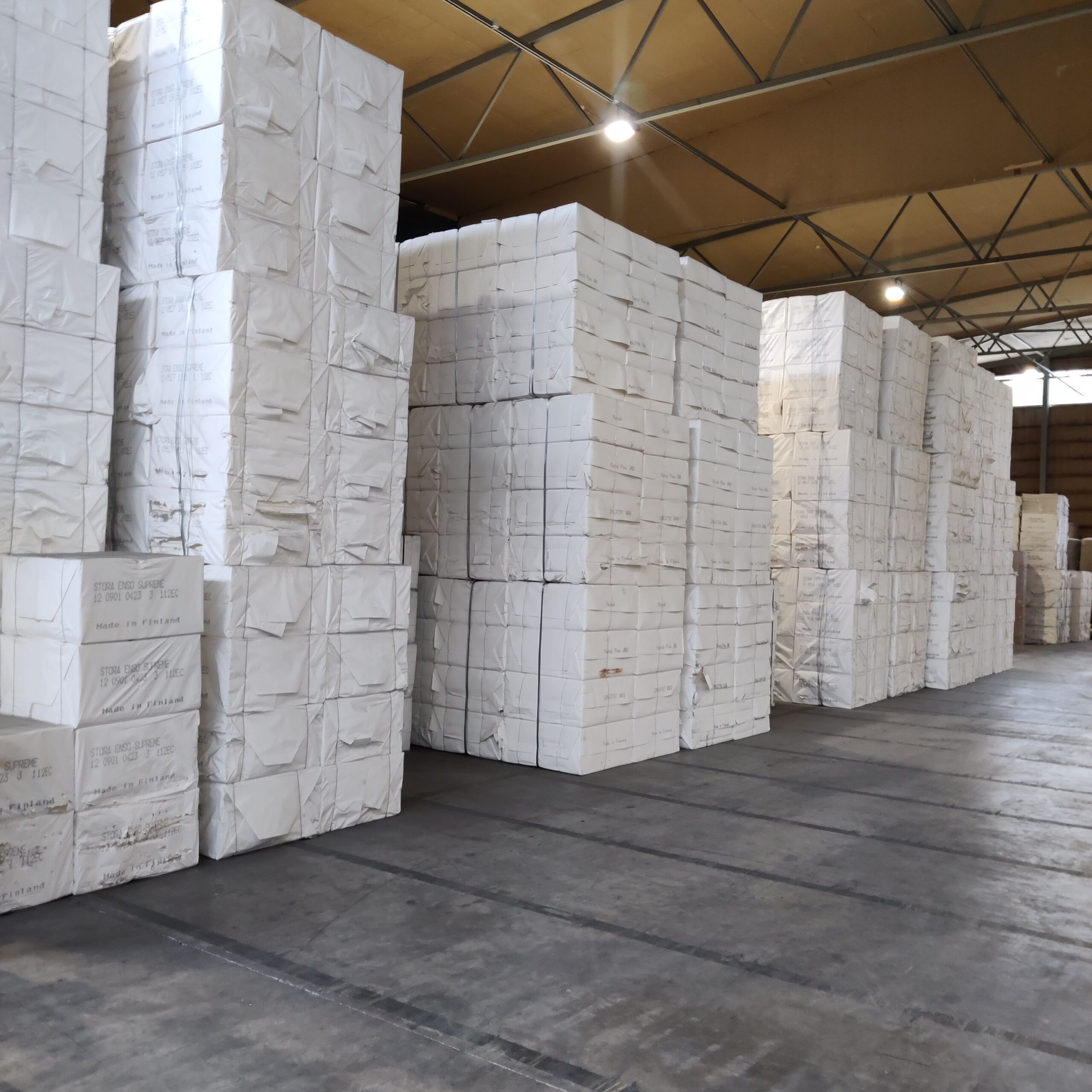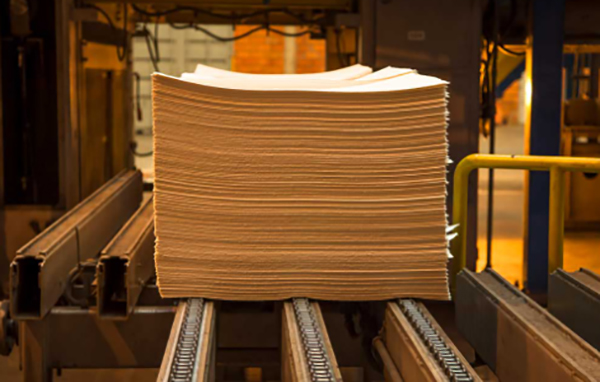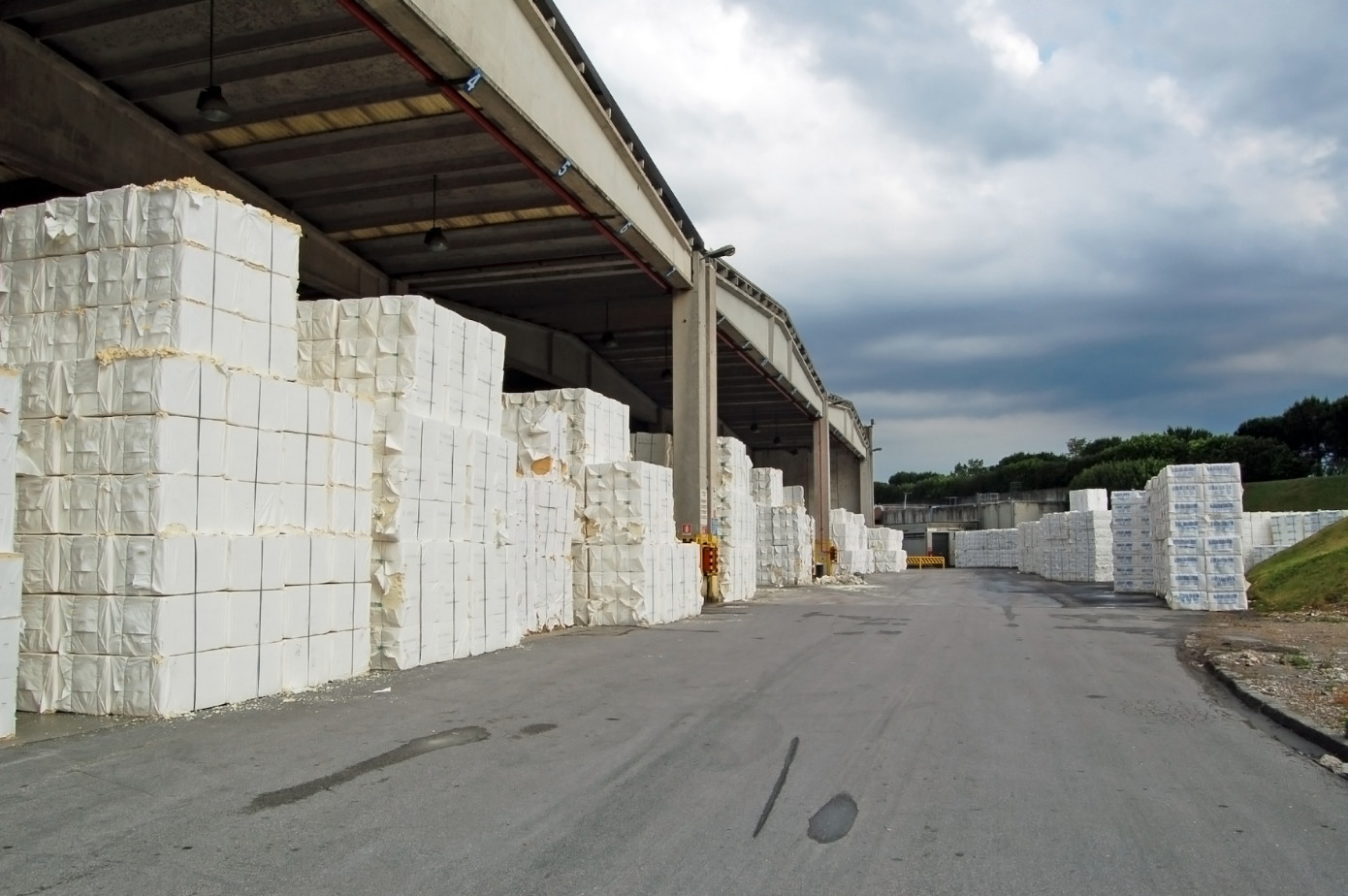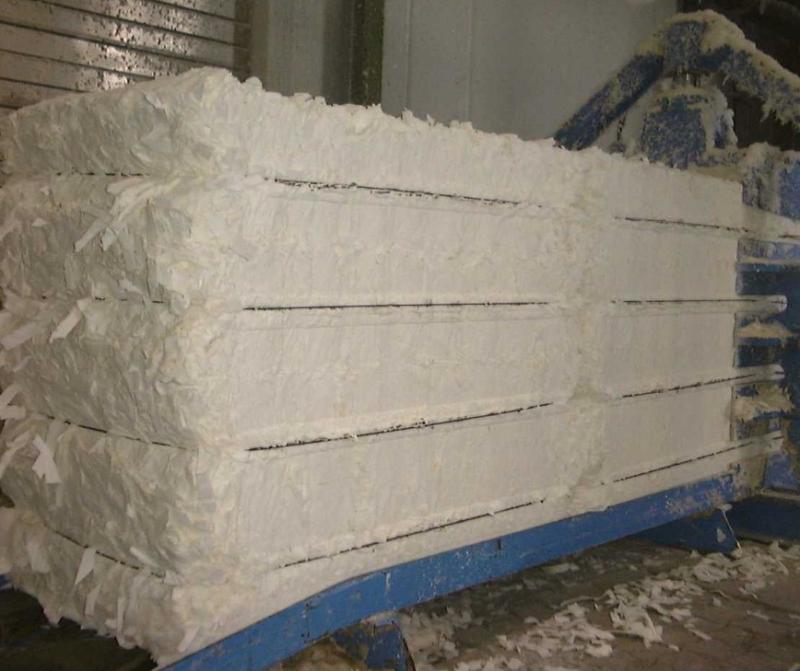Description
Eucalyptus pulp, derived from the wood of eucalyptus trees, has gained significant recognition in the paper and pulp industry due to its unique properties and sustainability benefits. Eucalyptus trees, known for their rapid growth and high yield, provide a renewable resource that can be harvested in shorter cycles compared to traditional hardwood species. The pulp produced from eucalyptus is characterized by its strong fibers, which result in high-quality paper products with excellent brightness and smoothness. This makes eucalyptus pulp particularly appealing for various applications, including printing and writing paper, packaging materials, and specialty papers.
One of the key advantages of eucalyptus pulp lies in its environmental sustainability. Eucalyptus plantations can be managed in a way that minimizes deforestation and habitat destruction, as they often occupy land that is unsuitable for agriculture. Moreover, these trees are efficient in their water use and can thrive in areas prone to drought, making them a suitable choice for regions facing water scarcity. As awareness of sustainable practices grows, many paper manufacturers are turning to eucalyptus pulp as a more eco-friendly alternative to traditional wood pulp sources.
Additionally, the production process of eucalyptus pulp has evolved to be more environmentally friendly, with advancements in technology reducing chemical usage and emissions. Innovative methods such as elemental chlorine-free (ECF) bleaching help to minimize the environmental footprint associated with pulp production. As a result, eucalyptus pulp is increasingly viewed as a responsible choice for consumers and businesses looking to reduce their impact on the planet. Overall, the versatility, quality, and sustainability of eucalyptus pulp position it as a valuable resource in the modern paper industry.

